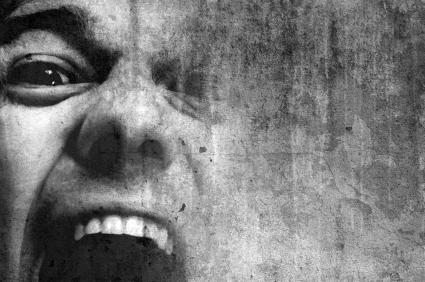Prazosin Effective for Nightmares and Other PTSD Symptoms
Researcher Murray Raskind has conducted a series of controlled studies, all with the same conclusion—the alpha-1 antagonist prazosin, used to treat high blood pressure, works for post-traumatic stress disorder (PTSD), especially in preventing nightmares. In his latest study, 67 soldiers were randomly assigned to either prazosin or placebo for 15 weeks. Doses were slowly titrated (to avoid low blood pressure and dizziness) to a possible maximum dose of 5mg at midmorning and 20mg at bedtime for men and 2mg at midmorning and 10mg at bedtime for women over a period of 6 weeks, based on whether the patients continued to experience nightmares.
Raskind found that prazosin was effective for trauma nightmares, sleep quality, global functioning, total score on a scale of PTSD symptoms, and hyperarousal. Side effects were minimal. Raskin concluded that prazosin “is effective for combat-related PTSD with trauma nightmares in active-duty soldiers, and benefits are clinically meaningful.”
Prazosin Treats PTSD Nightmares
Patients with PTSD often struggle with nightmares, but a treatment normally used for high blood pressure may also be able to prevent these sometimes horrific dreams. In a study that marks the third replication of this finding, Murray Raskind, a researcher from the University of Seattle, reported that prazosin was significantly better than placebo at selectively blocking nightmares in 77 Iraq war veterans with PTSD in a 15-week trial. (Interestingly, normal dreaming is uninterrupted.)
Editor’s Note: Prazosin is a noradrenergic alpha-1 receptor antagonist. Doses of this drug must be titrated upward slowly over a period of 6 weeks to avoid orthostatic hypotension (a sudden fall in blood pressure that occurs when a person stands up). Maximum doses achieved in this study were 5mg mid-morning and 20mg at night (although 10mg at night is often effective). This treatment, although not FDA-approved, is increasingly being used in veteran populations and other patients with PTSD.



